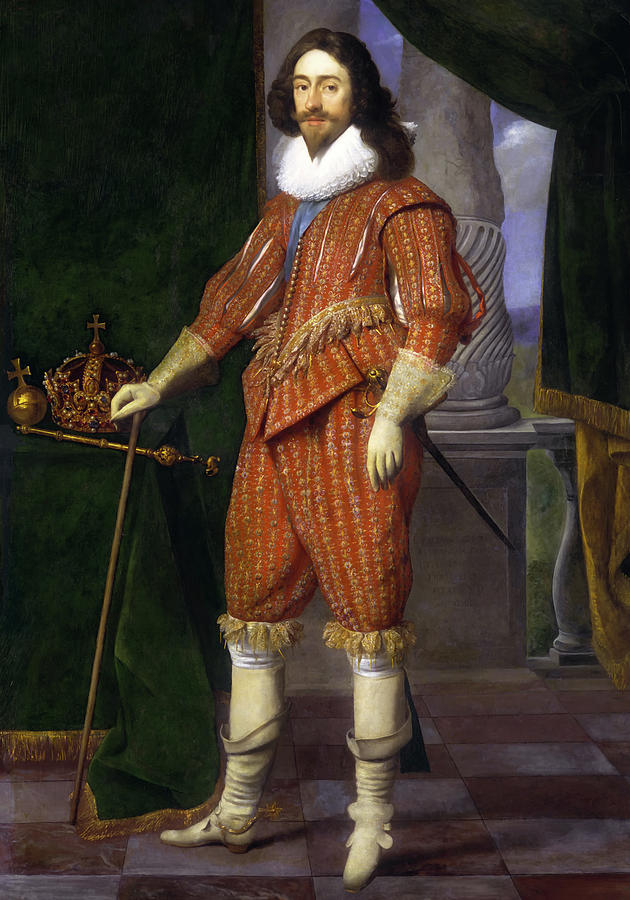
It’s not clear her son would have been able to do the same. “One of the questions I’ve been posing is, if you play the prorogation crisis through the lens of Prince Charles, would the same level of trust have been there for the media and the public?” said Catherine Haddon, historian at the Institute for Government and constitutional expert. The queen’s decision to grant Johnson’s request sparked fury among those opposing Brexit, dragging her into the political fray and causing some to call for a reform of Britain’s unwritten constitution - but she ultimately emerged from the so-called prorogation crisis unscathed. One episode that highlights the potentially bumpy road ahead was the queen’s handling of Prime Minister Boris Johnson’s 2019 request that she suspend parliament during the peak of the Brexit debate - a move then Speaker of the House John Bercow described as a “constitutional outrage.” under unprecedented strain from Scottish separatism and the aftereffects of Brexit - any future monarch will be able to provide the same steadying influence as the one whose hand has been on the tiller for more than half a century.

The institution itself continues to enjoy broad support, according to a poll from October. will abolish the monarchy once Elizabeth dies. In Scotland, support for Charles was just 41 percent.Īt question is not whether the U.K.

Only 50 percent of respondents in Wales and central England approved of her heir, Prince Charles. A recent poll found that more than 70 percent of people in Scotland, Wales and central England approved of the queen.
#KING CHARLES OF ENGLAND SERIES#
While the queen remains personally popular, a series of public relations disasters has tarnished the rest of the royal family. The previous King Charles I and King Charles II reigned during the Stuart era.Camille Gijs, Elisa Braun, Joshua Posaner and Carlo Martuscelli If he decides to become King Charles, he will in fact become King Charles III and the first King Charles since the 17th century. It has been reported that, during meetings, officials and the Prince of Wales discussed that he would probably remain Charles. But it's an interesting option, especially as he currently owns Tintagel Castle as part of the Duchy of Cornwall. He could also be named King Arthur - although he might not want to due to the internationally famous Arthurian legend. There is also a possibility that he could become King Philip as a tribute to his father, the Duke of Edinburgh. Prince Charles’ grandfather was King George VI. In 2005, there were rumours that Prince Charles held private discussions about the possibility of being called George VII. Instead of becoming King Charles he might choose to become King George VII, or King Philip, or King Arthur, although Clarence House has denied this in the past." " Prince Charles’ Christian names are Charles Philip Arthur George. Read more: Will Prince Charles' stepchildren get Royal titles when he becomes king? King Edward VIII also chose Edward as his regnal title, although he was known to his family and friends as David. It said: "King Edward VII chose Edward as his regnal title, although hitherto he had been known by his first name of Albert.
#KING CHARLES OF ENGLAND FREE#
The Constitution Unit at University College London (UCL) reports that the Prince is free to choose. This means that Charles is actually perfectly entitled to use any of his names for his regnal name.

#KING CHARLES OF ENGLAND FULL#
The Duke of Cornwall's full name is Charles Philip Arthur George and he has different options when it comes to his last name - you can read about it here. In fact, the heir to the throne has four different options he can choose from. He could become King Charles, but he is perfectly entitled to use another of his names. We already know that Camilla, currently Duchess of Cornwall, will become queen consort.īut we do not know how her husband will be called. One day, when he succeeds Queen Elizabeth II as the monarch and leader of the Royal family, he might have to change his name.

He has been known as Charles for 73 years. Prince Charles is the oldest and longest-serving British heir, the longest-serving Prince of Wales and the longest-serving Duke of Cornwall.


 0 kommentar(er)
0 kommentar(er)
